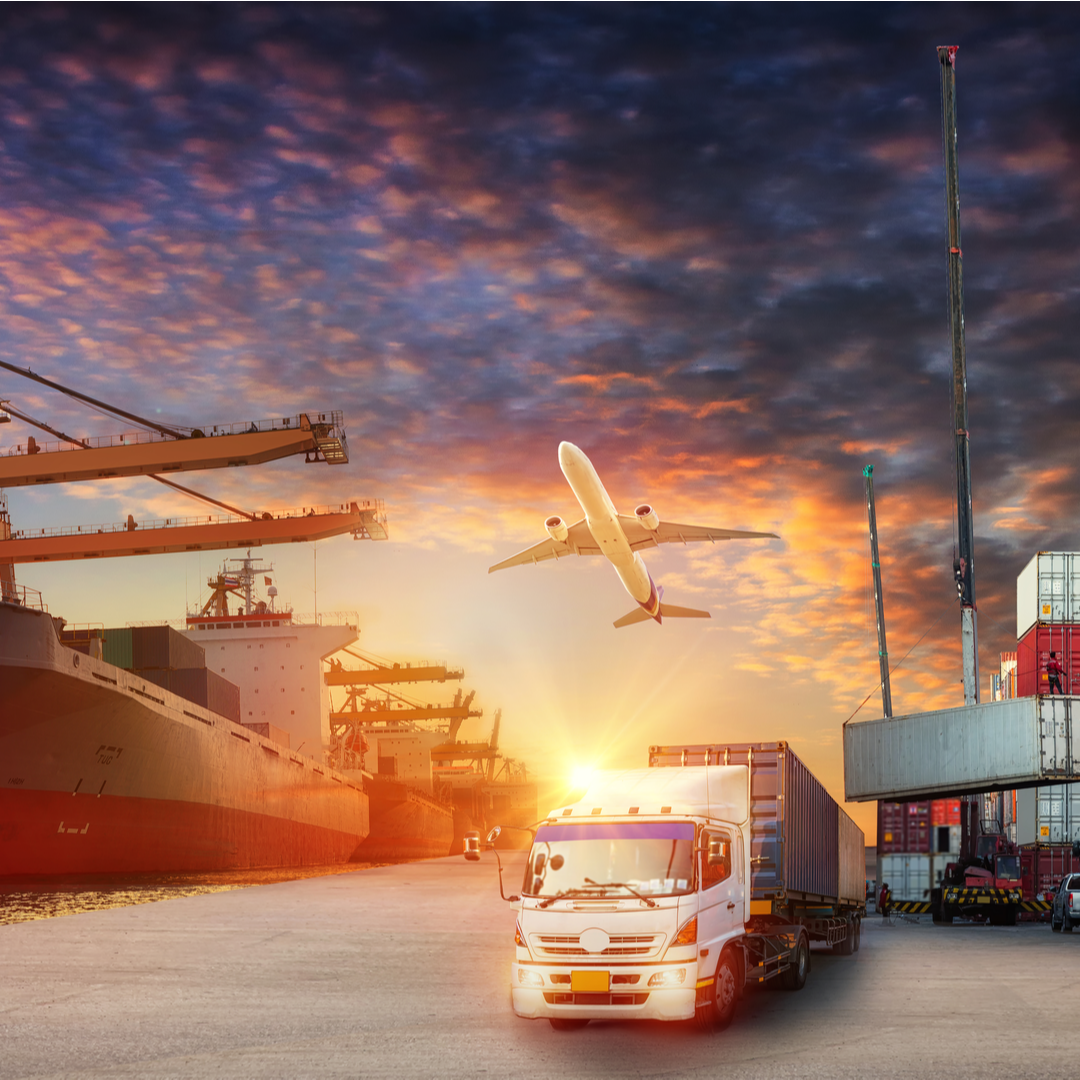There has been a lot of talk about FreePorts weighing the pro’s and con’s and what it really means. Ultimately this is about driving foreign investment into the UK for regeneration. My take away from it all is that it is a positive thing for our economy and it will boost employment all round in locations that are in need of a boost. This will have a positive impact on SME’s as well as large organisations.
Basically, goods that are imported into FreePorts aren't subject to the tax charges, called tariffs, that are normally paid to the government.
These taxes are only paid if the goods leave the freeport and are moved elsewhere within the UK. If the goods are imported into the Freeports and exported overseas without being moved around the UK the charges do not apply.
FreePorts can be up to 45km (27 miles) across and companies inside the sites will be offered temporary tax breaks for up to five years.
These include tax reductions companies pay on their existing property and new buildings. As well as paying reduced national insurance for new staff.
These ports are to become locations for green energy production and a lot of investment will be poured into this.
England's eight new FreePorts locations were announced at the March 2021 Budget:
- East Midlands Airport
- Felixstowe and Harwich
- Humber region
- Liverpool City Region
- Plymouth
- Solent
- Thames
- Teesside
When a manufacturing company is looking for the best location for a site they need to look at their supply chain routes, with the push on all companies to become greener FreePorts who are actively working with Universities and Researcher to create greener ports will be at the top of their lists for this. Humberside have many buildings that can be re-commissioned to produce greener energy and has excellent transport links. This will create new jobs in a manufacturing business as well as new jobs within renewable energy plants.
SME’s will see the benefit of using a FreePort in the sense that they can import a larger shipment and have it stored at the port for up to 90 days and released when required, saving them storage space in their warehouses. It will give them cheaper rates and ease of access. Plus reducing emissions in their supply chain.
This also means that companies will need to invest in training and upskilling local communities to ensure they have the talent they need to take on these new roles that will be created. As technology is continually changing if we want to harness it, we need to ensure the work force can keep up and what better way to engage a workforce and gain loyalty then to build in paid inductions that include the training necessary to deliver the work required.
Construction and logistics providers will see an increase in work flow, cafes, take aways and retail outlets will see an increase in footfall, training providers will be key players and there is an opportunity to utilise apprenticeships and fast track schemes.
So in conclusion I feel we all have a real opportunity here that we can embrace.





.png)


